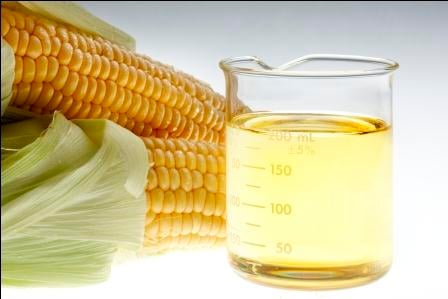Finding Ethanol Free Gas
2011 was the year that people really started to realize how bad ethanol was for their vehicles and small engines. Repair shops around the country...

Today most gas sold at the pump has ethanol in it. Gasoline called E10 has up to 10 percent ethanol and E15 gas called E15 has up to 15 percent ethanol. E85 gas is for use only in cars built to use flex-fuel. Small engines, boats, and vehicles like ATVs are not to use it. In fact, federal regulations permit its sale for those purposes.
![]() The use of ethanol gasoline is somewhat political – using ethanol is to help cut our country’s reliance on foreign oil and helps reduce greenhouse emissions. How successful these efforts are belong in a political debate.
The use of ethanol gasoline is somewhat political – using ethanol is to help cut our country’s reliance on foreign oil and helps reduce greenhouse emissions. How successful these efforts are belong in a political debate.
Although most engines can run on E10, E10 labeled gas often has more ethanol than stated. This is largely due to the delivery truck operators putting more than 10 percent ethanol in the gas they deliver. Small engine manufacturers such as makers of lawn mowers, weed whackers and the like, as well as boat engine makers, will void warranties if your gas is over 10 percent ethanol.
Ethanol damage is insidious and not readily visible or noticeable until your engine stops running. While the parts in the newest models of small motor equipment are often ethanol resistant, for older ones they are not. This means that if you have to replace a damaged part, the new part you get will likely fall victim to ethanol damage as well.
Even pumps labeled as containing E10 gasoline often have higher levels of ethanol.
Ethanol is a superb solvent and is hygroscopic, which means it excels at attracting and holding water. As a solvent, ethanol accelerates rusting of parts.
For the most part, people use small engines at far less frequent intervals than automobiles run. These lengthy intervals make the problems from ethanol worse in small engines. So chain saws, lawn mowers, string trimmers, tractors, Jet Ski motors, boat motors and other engines not used on a regular basis accelerate the problems caused by ethanol.
When gas sits for long periods of 3 months or more gunk forms from ethanol eating rubber, metal, and coatings - ethanol gas becomes stale within 90 days. Either drain your tank, start your motor every three weeks or add gas stabilizer to your fuel tank. Make sure to add the stabilizer right after filling the tank.
Since ethanol absorbs and holds water, the older the gas is the more water it has. Some mechanics claim they have done repairs where the ratio of water to gas was 2:1. This causes two major problems.
1. Corrosion of parts accelerates when ethanol is present.
2. Fuel phase separation may cause the fuel pump to suck nearly pure water into the motor. It will not ignite and will damage your small engine.
The easiest and surest fix until winterizing your small gas engines is to add a high quality fuel stabilizer that does not contain alcohol in its formulation.

2011 was the year that people really started to realize how bad ethanol was for their vehicles and small engines. Repair shops around the country...

That sound you might have heard 3-4 weeks ago was the sounds of auto industry leaders and ethanol producers yelling at each other. It was over the...

This story has been breaking over the past week to ten days and seems to be increased traction as the days tick by, now being picked up by news...